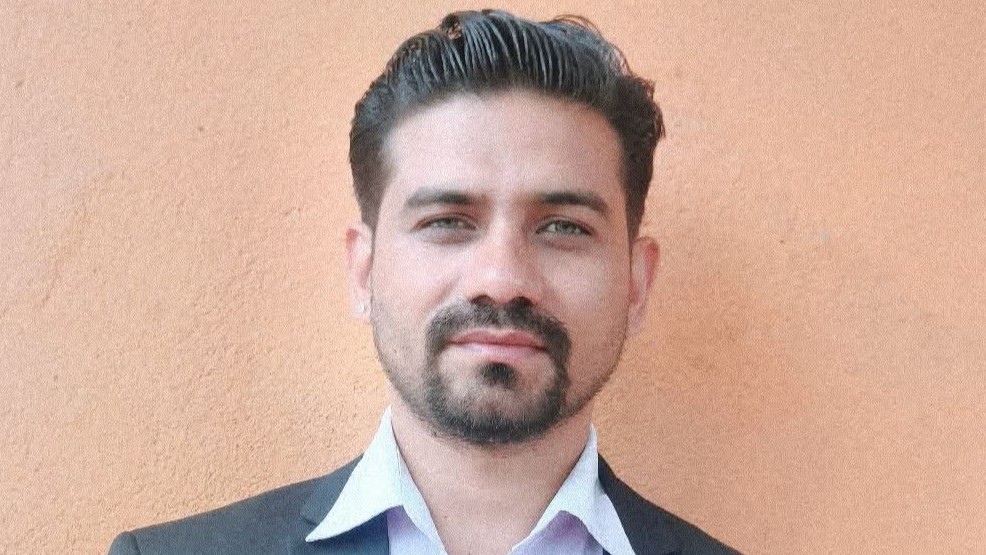“Being young with cancer often means paying a higher price emotionally, socially, and financially at a relatively younger age.
Youth is typically the time for building careers, earning income, and striving for independence. But when cancer strikes early, it disrupts everything. Younger individuals often face significant work absenteeism, job loss, and a sudden halt to their financial growth. Unlike older patients who may have savings, pensions, or social protection schemes, young adults are often left financially exposed. Adding to the burden, younger patients typically without comorbidities are often treated with more aggressive and costlier treatment regimens, while older patients may receive less intensive therapies due to their underlying health conditions.
It is the story of a 21-year-old man in Nepal. He presented to a cancer centre with a thunderclap-like headache his first ever serious health complaint ever in his life who has not taken even a single paracetamol. Tragically, he was diagnosed with stage III brain cancer. Coming from a modest background and earning around NPR 35,000 per month, his life turned upside down.
Frequent hospital visits led to missed workdays and eventually cost him his job. His parents, desperate to support him, sold their land and his mother’s jewellery. Now, the family survives on loans with no clear means of repayment. The patient and his parents are not only facing severe financial toxicity but are also psychologically distressed, with their quality of life deeply compromised.
He was young full of dreams, and the only child of his parents. Like many Nepali families, his parents had placed all their hopes in him. But cancer struck when life had just begun. Despite the diagnosis, his family clung to hope. They sold their land, his mother sold her jewellery, and they took out loans, doing everything possible to continue his treatment. But hope slowly faded as the medicines became unaffordable. Without financial support, he could not complete his therapy.
He passed away, not just from cancer, but from the injustice of being unable to afford a chance to survive. But while the patient is gone, the loan remains alive. His grieving parents now carry not only the unbearable pain of losing their only son but also the crushing burden of debt. This is not just one story, there are uncountable cases alike in Nepal and in other LMICs today. Why must we let our citizens suffer twice, first through illness, and then through financial ruin? In many high-income countries, cancer care is heavily subsidized or fully covered. Why can’t Nepal aim for the same? Cancer should not be a death sentence just because someone is poor. It’s time for our policymakers to act to provide equitable, subsidized, or free cancer care, and to ensure that no family loses both their loved one and their future.
Young individuals who lose their jobs due to cancer should be provided with special loan incentives and financial support from the government. Likewise, caregivers who bear the brunt of indirect costs deserve targeted assistance. While the government may prioritize many agendas, it must make cancer care a national priority. Cancer becomes truly devastating not just when it strikes the body, but when financial exhaustion and psychological distress strike the soul.
No one should be left to fight cancer alone, especially when they have no money and no mental strength left. The youth are the backbone of our nation saving them is saving our future.”
By Dr. Dinesh Raj Neupane, PharmD, MPH
Read More about Brain Cancer on OncoDaily.



